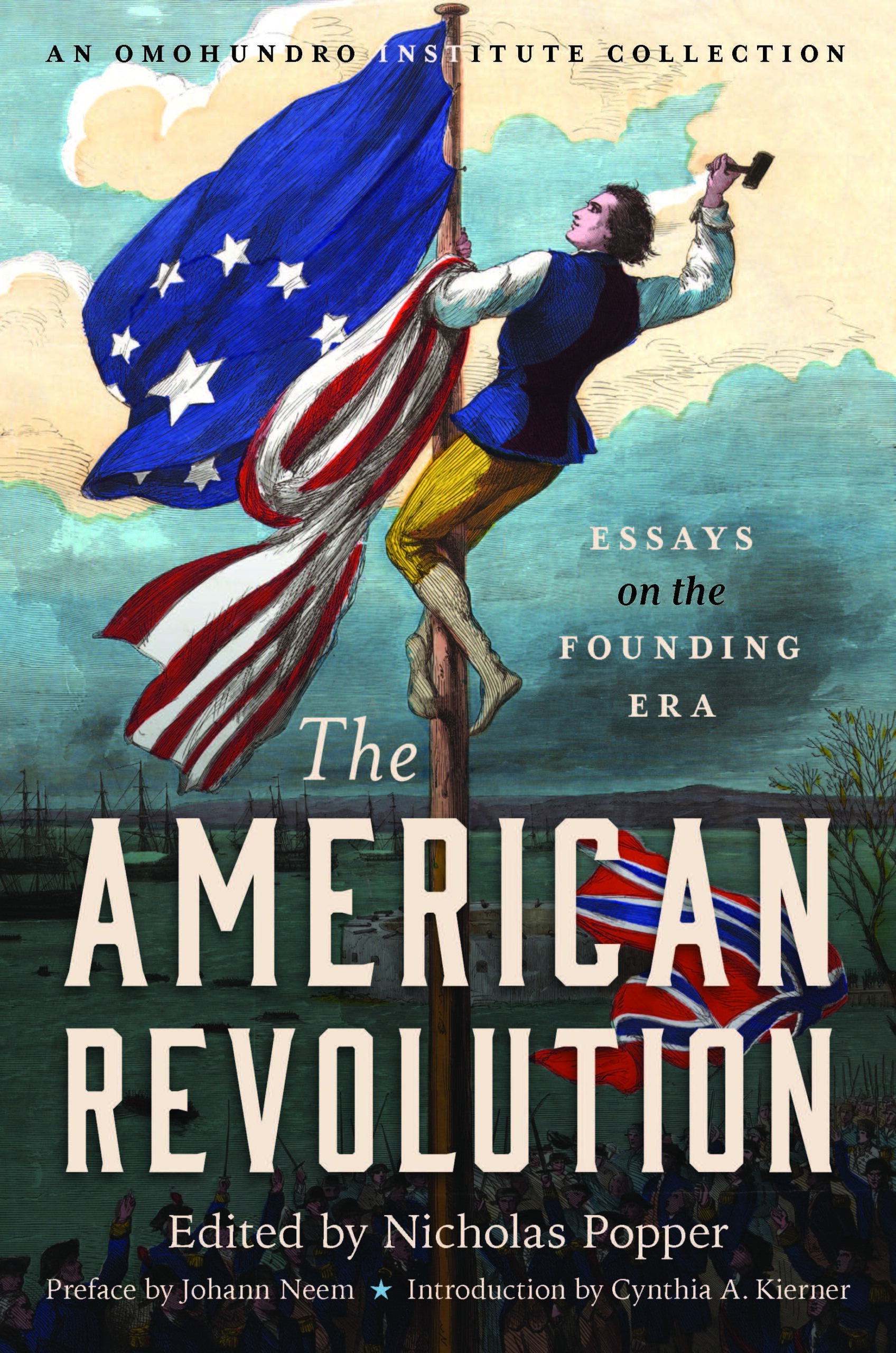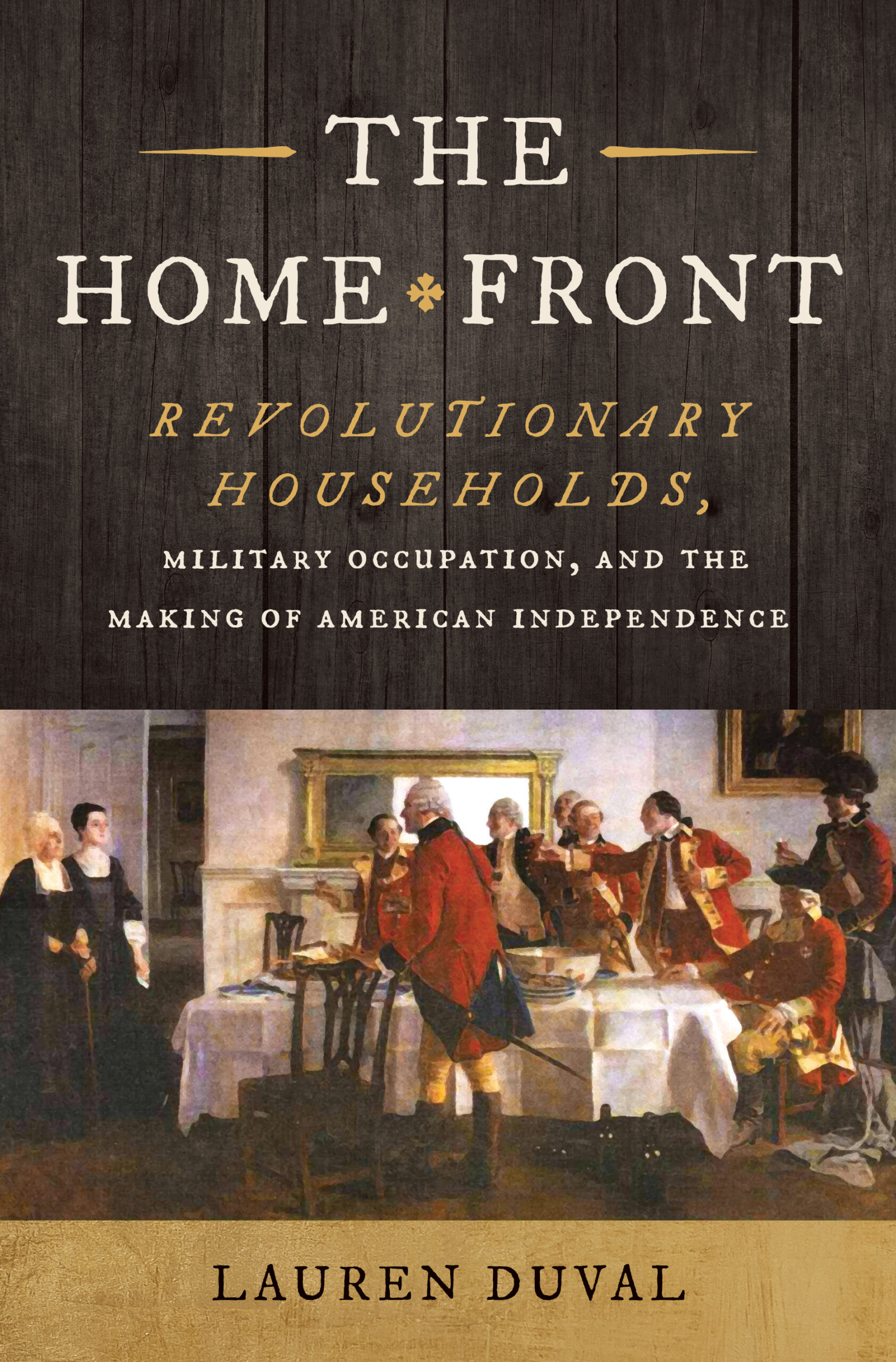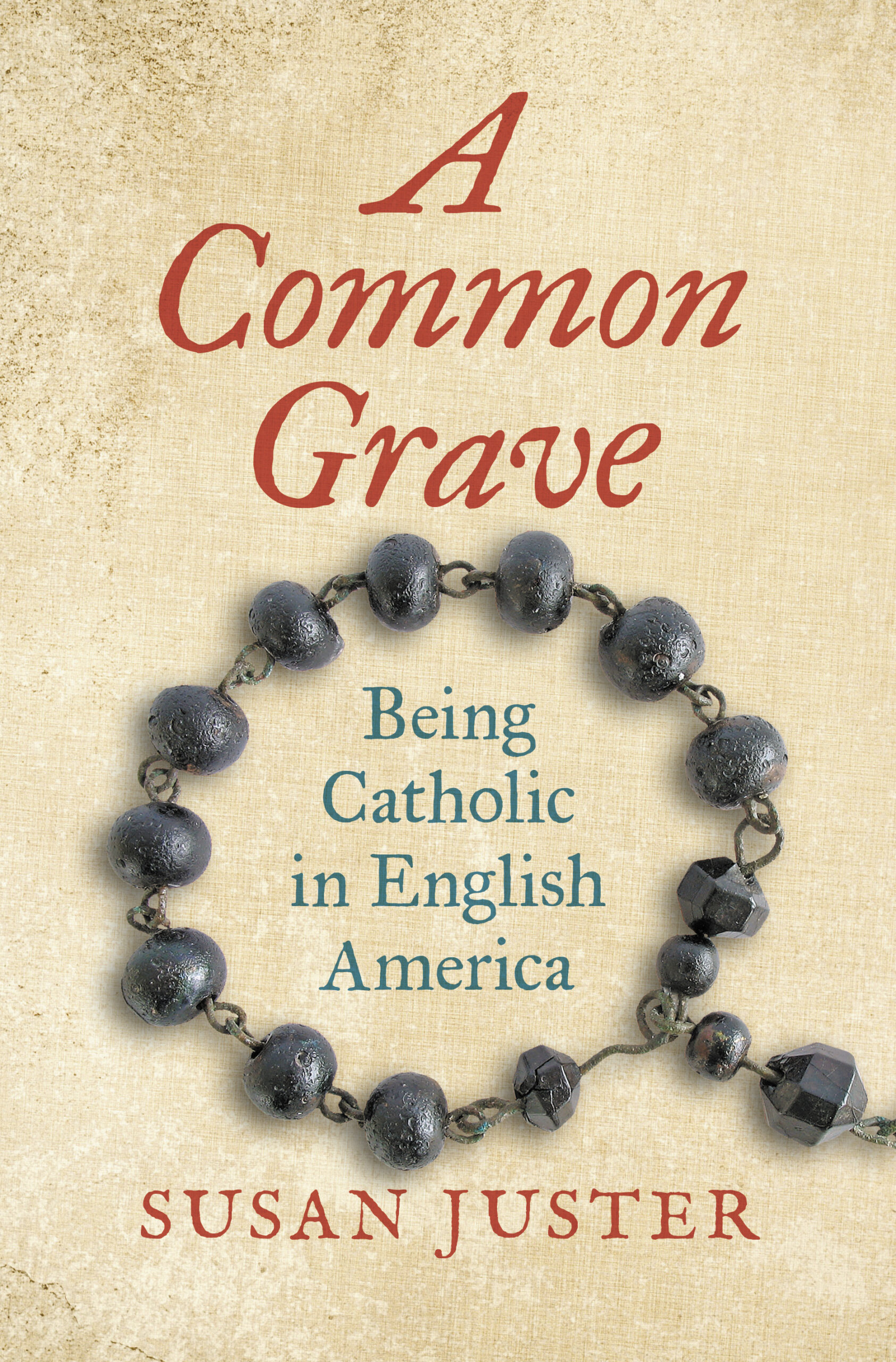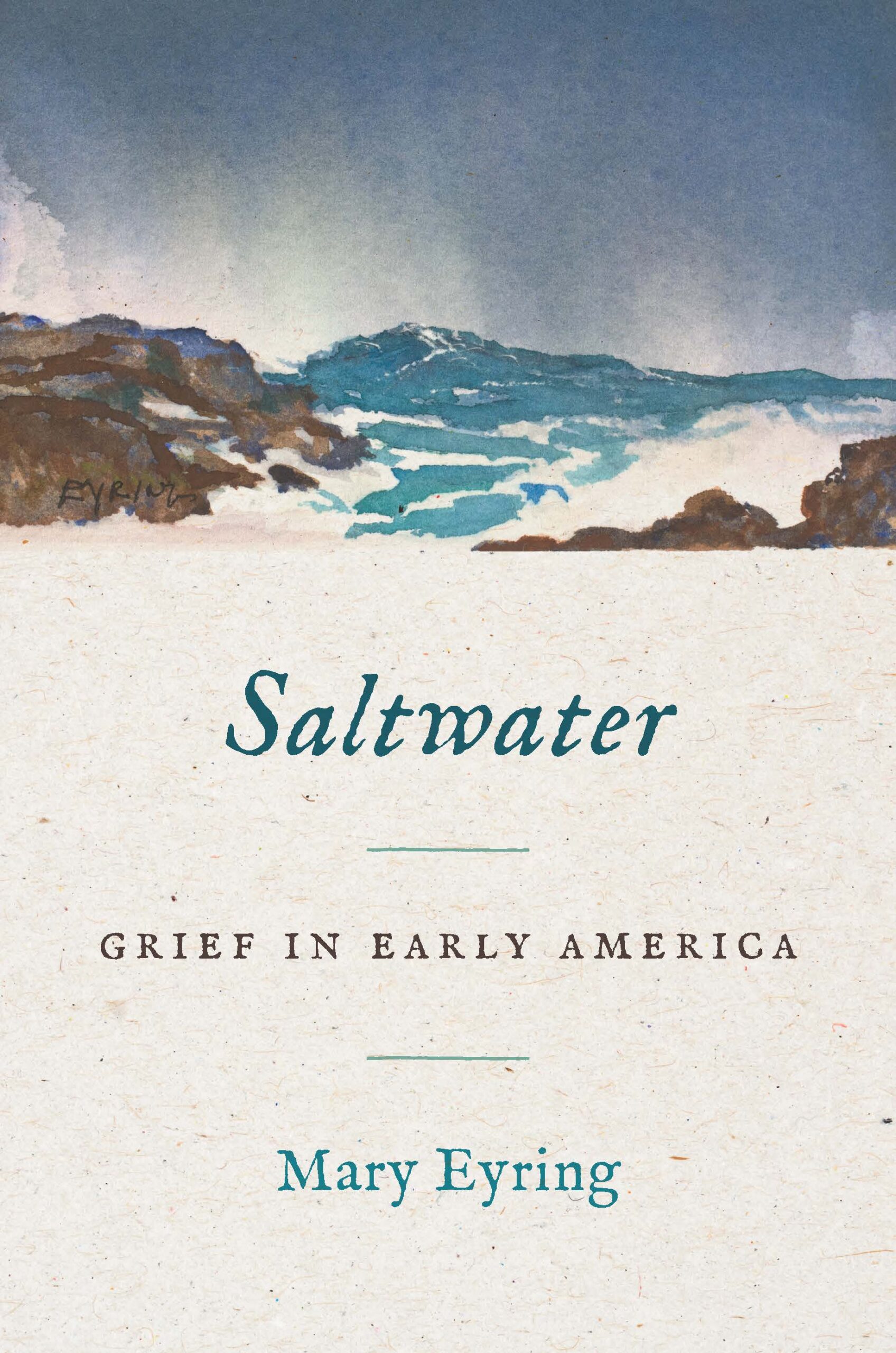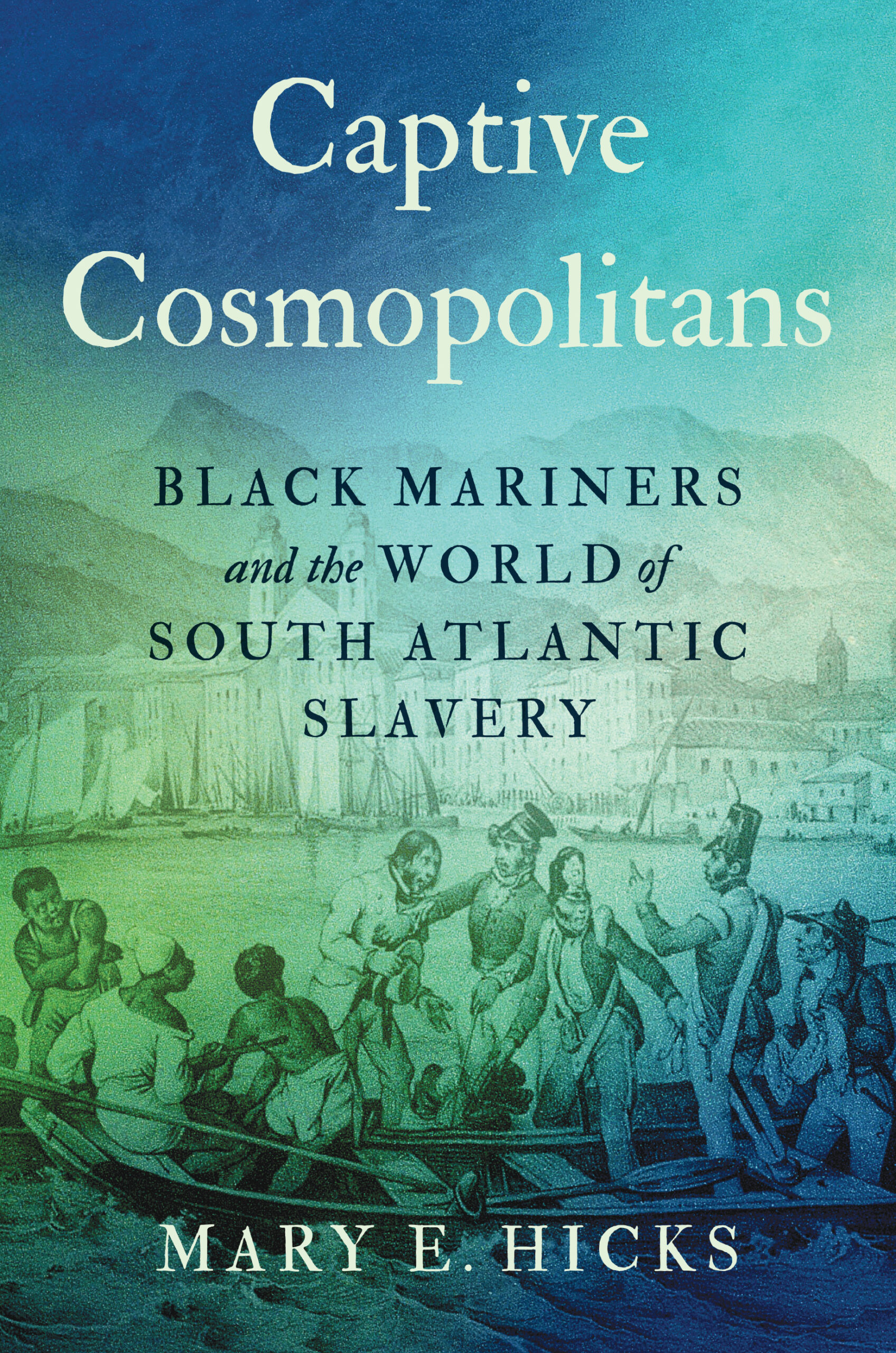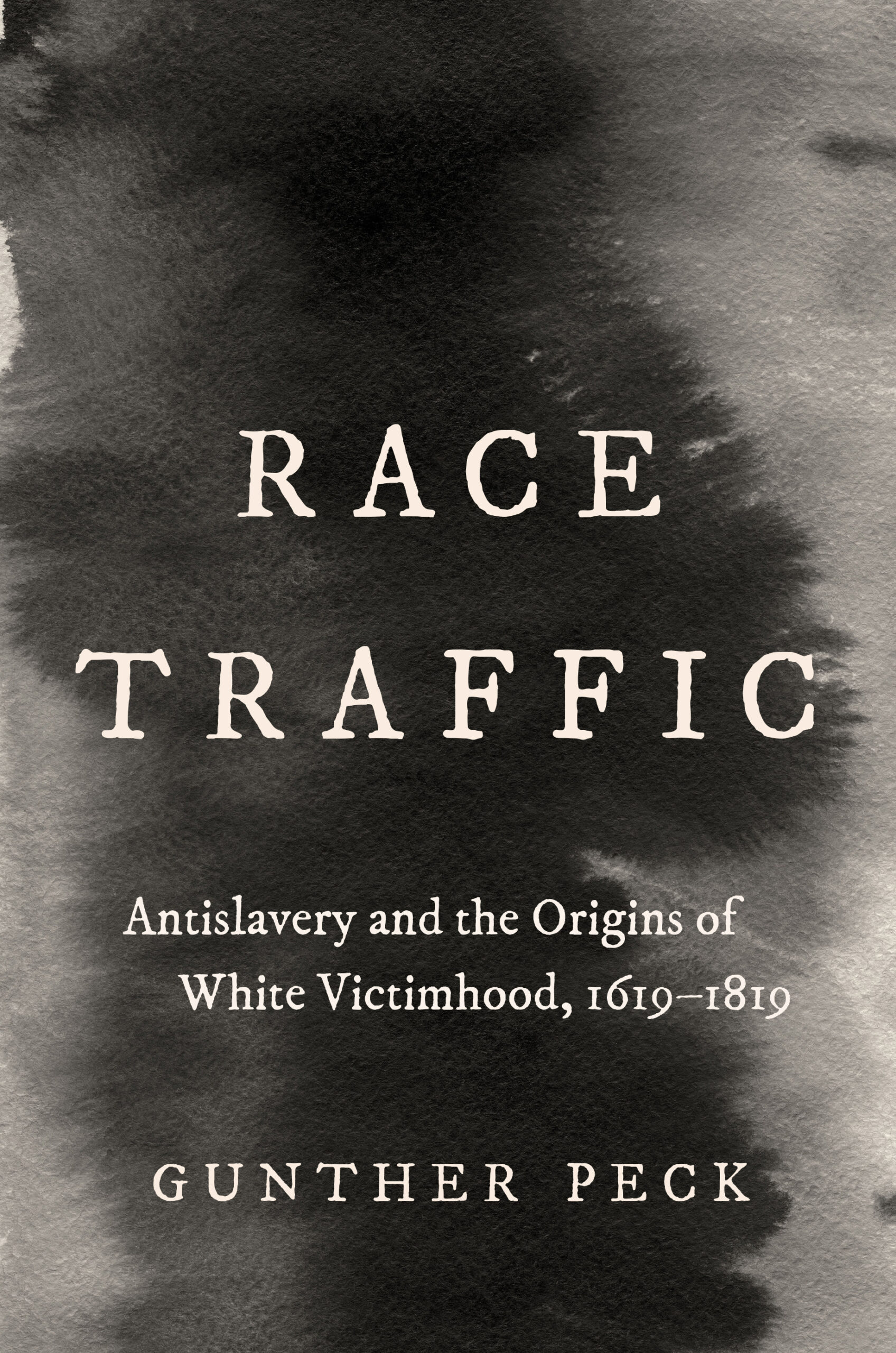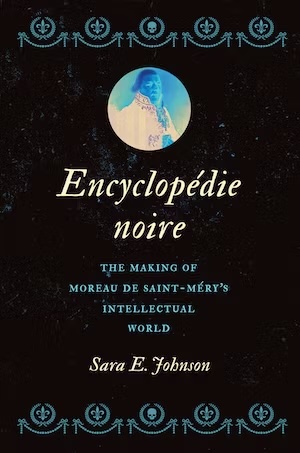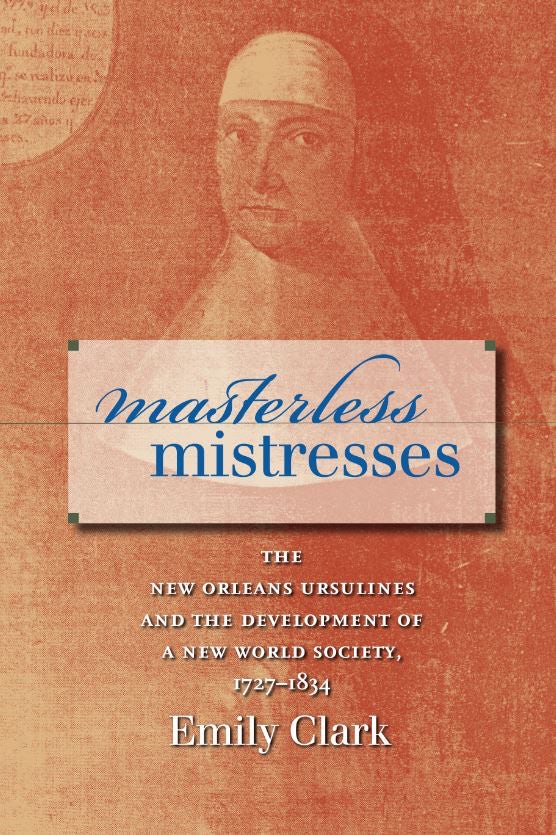
Masterless Mistresses
Description
During French colonial rule in Louisiana, nuns from the French Company of Saint Ursula came to New Orleans, where they educated women and girls of European, Indian, and African descent, enslaved and free, in literacy, numeracy, and the Catholic faith. Although religious women had gained acceptance and authority in seventeenth-century France, the New World was less welcoming. Emily Clark explores the transformations required of the Ursulines as their distinctive female piety collided with slave society, Spanish colonial rule, and Protestant hostility.
The Ursulines gained prominence in New Orleans through the social services they provided–schooling, an orphanage, and refuge for abused and widowed women–which also allowed them a self-sustaining level of corporate wealth. Clark traces the conflicts the Ursulines encountered through Spanish colonial rule (1767-1803) and after the Louisiana Purchase, as Protestants poured into Louisiana and were dismayed to find a powerful community of self-supporting women and a church congregation dominated by African Americans. The unmarried nuns contravened both the patriarchal order of the slaveholding American South and the Protestant construction of femininity that supported it. By incorporating their story into the history of early America, Masterless Mistresses exposes the limits of the republican model of national unity.
About The Author
Emily Clark is assistant professor of history at Tulane University.
Awards
Kemper and Leila Williams Prize in Louisiana History, Historic New Orleans Collection and the Louisiana Historical Association (2007)
Julia Cherry Spruill Prize, Southern Association for Women Historians (2008)
Distinguished Book Award, Conference on the History of Women Religious (2010)
Reviews
“Clark’s enjoyable, punchy account . . . will prove valuable not only for what it brings to the history of New Orleans and Louisiana but also what it signifies about the intertwining of Franco-Iberian-Anglo-American societies and their faiths in the Americas.”–American Historical Review
“Written with elegant precision. . . . Essential reading for those seeking to understand the intimate scale of racial and social transformations that occurred in a unique southern city.”–Journal of American History
“Elegant prose and riveting narrative . . . a tour de force that will intrigue any student of early American women’s history.”–Journal of the Early Republic
“This meticulously researched and engaging book makes an important contribution to our understanding of the intertwined histories of race, gender, and religion in American history.”–The Catholic Historical Review
“With this finely crafted study, Clark contributes substantively to the burgeoning field of scholarship acknowledging the seminal roles women religious have played historically in the formation of American culture and society.”–Register of the Kentucky Historical Society.”
“So thorough it encompasses every aspect that touches on the order of the Sisters of Saint Ursula.”–Louisiana History
“Groundbreaking social history.”–H-Net Reviews
“Innovative and carefully researched . . . opens up the world of Gulf Coast Catholicism.”–Books & Culture
“A deeply imagined, beautifully written, and thoroughly researched account of the earliest order of Catholic sisters in what is now the United States. . . . General and specialist readers alike will be grateful to Clark for the vivid story she tells.”–Church History
“Clark deepens our understanding of life in early New Orleans through this absorbing study of the Ursuline convent, a community of women who had a profound influence on colonial society. Her ability to draw eighteenth-century Louisiana insightfully into the wider examination of gender, class, race, and religion across the Atlantic world makes Masterless Mistresses a remarkable contribution to early American history.”–Daniel H. Usner Jr., Vanderbilt University
